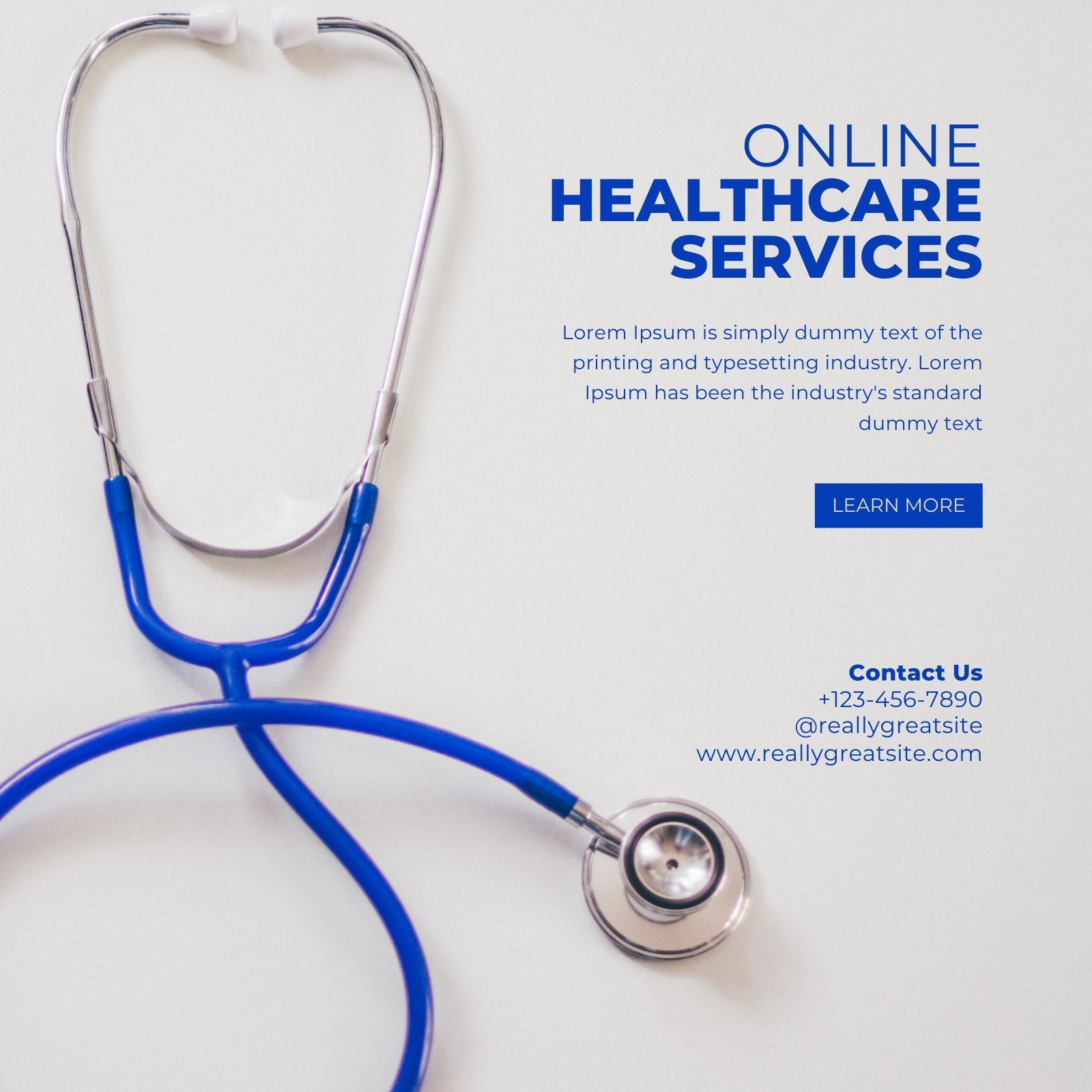The Effect of Subscription Based Healthcare on Typical Medical Practices
The Effect of Subscription Based Healthcare on Typical Medical Practices
Blog Article
The Increase of Subscription-Based Medical Care and Its Impact on Patient Treatment
As medical care develops, the subscription-based version is gaining traction, guaranteeing to change individual treatment by using predictability and accessibility. The potential for these designs to improve medical care shipment elevates pushing inquiries regarding their long-term sustainability and inclusivity. Are these membership solutions the future of health care, or do they run the risk of leaving prone populations behind?
Recognizing Subscription Healthcare Models
Understanding the principle of subscription healthcare versions entails checking out a transformative method to medical solutions that emphasizes affordability and availability. These designs, often referred to as direct medical care (DPC) or concierge medicine, have become cutting-edge options to standard fee-for-service healthcare systems. Subscription health care permits people to pay a fixed regular monthly or yearly fee for a specified collection of medical services, which might include unrestricted office sees, routine exams, and fundamental lab examinations, without the requirement for typical insurance policy billing.
The framework of subscription health care models is created to enhance individual care by eliminating third-party payers and intricate payment codes, consequently minimizing administrative concerns. Doctor can focus more on person care, fostering more powerful patient-provider partnerships. This model also advertises preventative treatment by encouraging regular sees, as the economic challenge of per-visit costs is gotten rid of.
The subscription version often empowers healthcare carriers to manage smaller sized person panels, allowing for more individualized treatment. It lines up monetary incentives with person wellness end results, as providers are motivated to keep individual contentment and well-being. On the whole, understanding subscription medical care designs calls for recognizing their prospective to reshape how care is supplied and accessed.
Advantages for Service Providers and individuals

With a stable income stream, medical care specialists can commit more time to each individual, leading to an extra extensive and individualized treatment experience. The emphasis on preventative care within registration plans can lead to far better individual results and minimized long-term health care expenses.
Obstacles and Problems
While subscription-based health care versions present many benefits, they also come with a set of challenges and concerns that need to be attended to. Ease of access remains a significant issue, as these designs often target individuals that can pay for month-to-month charges, possibly leaving out low-income populaces. This elevates ethical concerns regarding fair access to medical care solutions. Furthermore, the different nature of registration strategies can bring about complication amongst individuals pertaining to insurance coverage specifics, potentially resulting in unmet assumptions or insufficient care.
Financial sustainability of subscription-based versions is an additional worry. Service providers must stabilize the fixed earnings from memberships with the variable expenses of health care solutions, which might fluctuate as a result of unexpected medical needs. This can develop stress to limit services or rise costs, possibly impacting individual contentment and care quality.
Furthermore, governing oversight of subscription-based health care versions is still developing. Attending to these difficulties is critical for the fair and successful implementation of subscription-based health care.
Influence On Patient-Doctor Relationships
One substantial effect of subscription-based healthcare models on patient-doctor partnerships is the capacity for improved connection and individualized care. By adopting a subscription design, medical professionals can handle a smaller sized person panel, enabling even more devoted time with each individual. This boosted accessibility fosters a much deeper understanding of an web individual's case history, way of life, and preferences, allowing a lot more tailored treatment strategies and treatments.

Nonetheless, it is essential to acknowledge that while subscription-based models might profit those who can manage them, they could accidentally broaden healthcare variations. Individuals who are not able to join these models might experience lower accessibility to personalized care, potentially influencing their connections with doctor. Thus, while the registration model offers appealing advantages for patient-doctor partnerships, it also presents challenges that need to be addressed to make sure fair medical care accessibility.
Future of Medical Care Access

The function of innovation can not be forgotten in this makeover. Telemedicine systems and digital health and wellness documents promote i thought about this smooth communication in between clients and doctor, damaging down geographical and logistical obstacles. Additionally, improvements in expert system and data analytics can better customize clinical care by predicting client needs and maximizing therapy strategies.
Nevertheless, the future of health care accessibility also presents difficulties, such as making certain equity throughout different socio-economic groups. Policymakers and medical care suppliers must work together to bridge the electronic divide, ensuring that subscription-based models continue to be inclusive and budget friendly. As these systems develop, they hold the assurance of making medical care much more accessible, efficient, and patient-centric.
Conclusion
Subscription-based healthcare versions are improving patient care by offering a stable expense structure and enhancing availability. The surge of subscription-based healthcare encourages aggressive client interaction, which has the prospective to improve client results and satisfaction, signaling a transformative shift in healthcare delivery.
As health care advances, the subscription-based design is gaining grip, promising to transform individual care by offering predictability and accessibility.Subscription-based health care designs use distinct advantages for both patients and companies, improving the general healthcare experience.As medical care systems evolve, the future of medical care gain access to regularly pivots on the integration of innovative designs and technologies.Subscription-based healthcare designs are improving individual care by supplying a stable price framework and enhancing accessibility. The increase of subscription-based medical care urges positive person involvement, which has the prospective to boost person outcomes and complete satisfaction, indicating a transformative shift in healthcare shipment.
Report this page